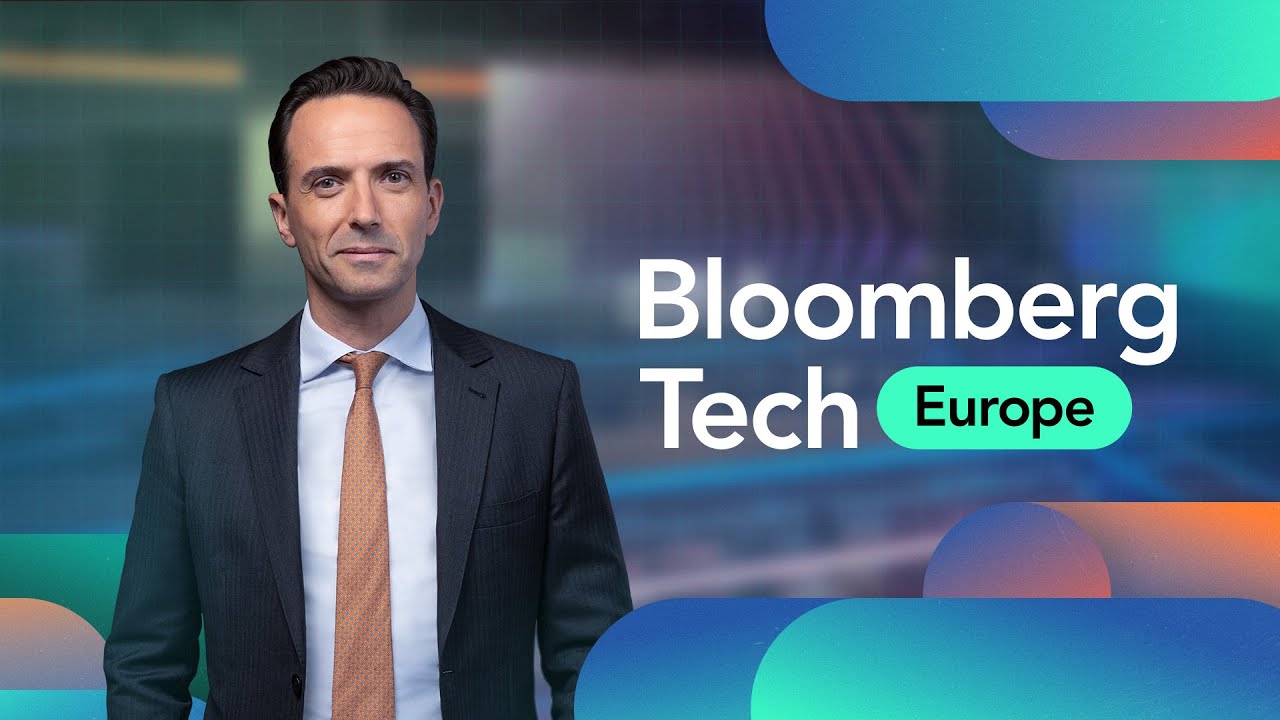The Bloomberg Tech Europe video discusses Europe’s position in the AI arms race, highlighting its challenges in funding and infrastructure compared to the U.S. and China, but emphasizing its growing startup ecosystem, innovation in application areas, and potential advantages in privacy and regulated industries. Despite obstacles, Europe is pursuing a distinct strategy focused on leveraging its unique strengths and fostering a privacy-first, culturally diverse tech ecosystem rather than competing solely on scale and infrastructure.
The video from Bloomberg Tech Europe explores whether Europe has already lost the AI arms race to the U.S. and China, highlighting the continent’s current position and future prospects in artificial intelligence. While the U.S. and China dominate AI funding and infrastructure, Europe is making significant strides with a growing number of startups and increasing investment. Despite trailing in funding—American AI companies secured over seven times more capital than European rivals last year—Europe is closing the gap with China and carving out niches in innovation, particularly in countries like the U.K., Germany, and France. European startups are developing cutting-edge AI applications, from autonomous driving to language translation and video creation, signaling a vibrant and growing ecosystem.
NVIDIA, a global leader in AI technology, is betting heavily on Europe’s potential, projecting a tenfold increase in the continent’s AI computing power within two years through the establishment of over 20 AI factories. However, a significant challenge remains: Europe’s energy infrastructure is not yet capable of supporting the massive power demands of advanced AI computing, especially in the U.K. This energy shortfall, combined with a lack of large-scale infrastructure, poses a bottleneck for Europe’s AI ambitions. ARM, a major chip designer based in the U.K., also highlights the infrastructure gap but remains optimistic about Europe’s role in AI, emphasizing the widespread presence of ARM technology in billions of devices worldwide and the potential for AI workloads to run both locally and in the cloud.
OpenAI’s Chief Operating Officer offers a positive outlook on Europe’s AI enthusiasm, noting strong demand from businesses and governments for AI tools and emphasizing the importance of access to the best AI models. He downplays concerns about Europe having only one major language model, suggesting that users will gravitate toward the best available technologies regardless of origin. The focus, he argues, should be on the application layer where AI interacts with real-world problems, an area where Europe can excel by leveraging its unique strengths in healthcare, manufacturing, and data privacy.
European tech leaders express confidence in the continent’s future, urging a shift away from trying to replicate Silicon Valley and instead building a distinctly European tech ecosystem that leverages the region’s cultural diversity, stability, and trust. While Europe may lack the scale of U.S. tech giants and faces challenges in scaling startups to global dominance, the growing experience and “scar tissue” among European founders, combined with increasing venture capital activity, suggest a rapidly maturing ecosystem. The regulatory environment, often seen as a burden, is reframed as a competitive advantage that fosters privacy-first innovation appealing to highly regulated sectors.
The panel of investors and experts concludes that Europe is not out of the AI race but is pursuing a different strategy focused on application and innovation rather than infrastructure dominance. They acknowledge the challenges posed by limited capital and infrastructure compared to the U.S. and China but highlight Europe’s strengths in talent, manufacturing, and healthcare data. The discussion underscores the importance of continued investment, access to cutting-edge tools, and building institutions that support scale and innovation. Upcoming conversations with European tech CEOs, including SAP’s Christian Klein, promise further insights into how Europe plans to compete and lead in the evolving global AI landscape.
